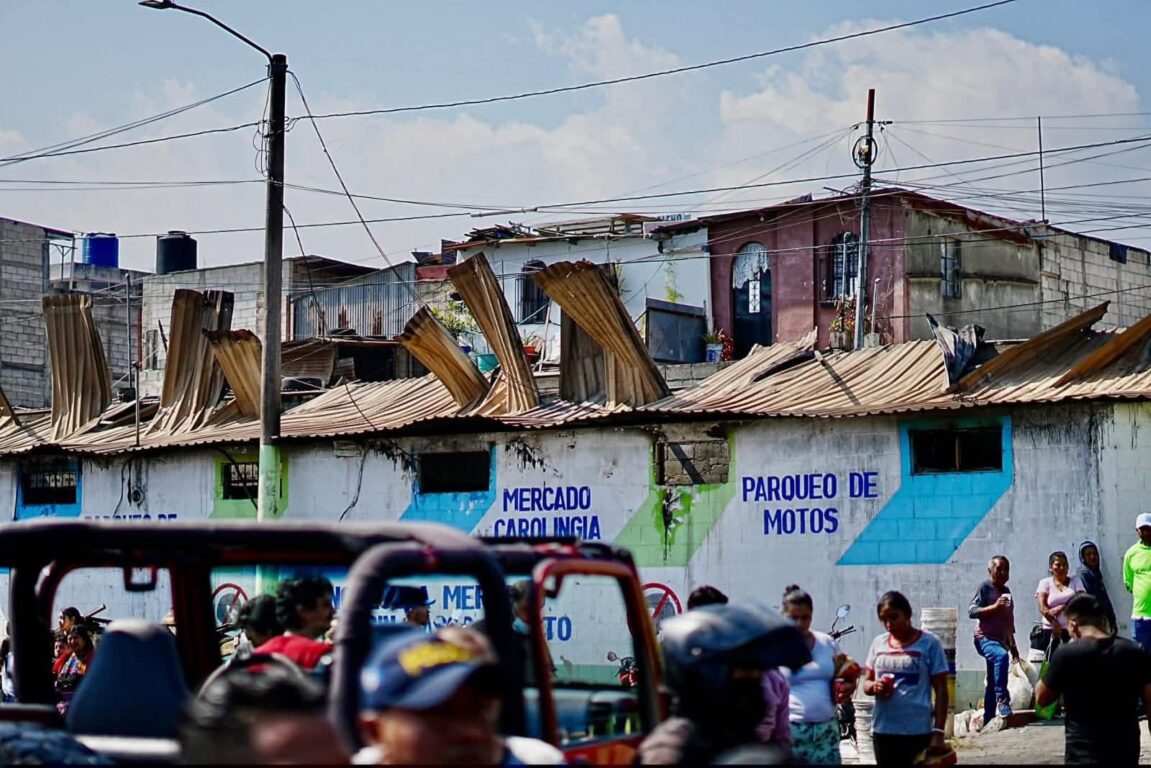 The International Labour Organisation (ILO) will hold its annual International Labour Conference (ILC) in Geneva from 1 to 13 June, 2015. The ILC event will be expected to include the participation of an estimated 3000 delegates from 185 member countries. Worker, employer and government delegates from the ILO’s 185 member States will tackle a wide range of issues, including the transitioning from the informal to the formal economy.
The International Labour Organisation (ILO) will hold its annual International Labour Conference (ILC) in Geneva from 1 to 13 June, 2015. The ILC event will be expected to include the participation of an estimated 3000 delegates from 185 member countries. Worker, employer and government delegates from the ILO’s 185 member States will tackle a wide range of issues, including the transitioning from the informal to the formal economy.
In 2004 StreetNet International was first accredited by the ILO (International Labour Organisation) to participate in the 92nd session of the International Labour Conference (ILC) as the international representative organisation of workers in the street vendors’ sector of the informal economy.
Street vendors’ delegates, many of whom are informal workers, including representatives from affiliates of StreetNet International, will be participating in the conference this year. They will be participating in the Works’ Group of the conference.
Pat Horn, who will be working with the worker delegates, said that in 2014 and 2015 StreetNet has been playing a key role in the ILC discussions for a new ILO Recommendation on “transitions from the informal to the formal economy”. The new Recommendation can potentially become an effective tool in improving the lives of street vendors and informal traders around the world. The Recommendation will be an official guideline, which governments can use to address the needs of the informal workers.
“Formalisation must offer benefits and protections, not simply imposing the costs of becoming formal. It must restore the universal rights from which workers in the informal economy have been marginalised by the neo-liberal model of governance over the past 40 years, and reintegrate them into legal and regulatory frameworks.” said Horn
Formalisation should include the following; Organising and labour rights, voice and bargaining power, legal identity and standing, economic rights and social protection.
The new ILO Recommendation on the “Transitions from the Informal to the Formal Economy” needs to highlight the following points:
- Preserve existing livelihoods during the process of transition: The formalisation of the informal economy will be a gradual process. It is therefore emphasised that provisions be instituted for preserving sustainable livelihoods while avoiding measures which could inadvertently destroy existing livelihoods of informal workers and economic units during the transition to formalisation.
- Enhance inclusive participation of workers in the informal economy in collective bargaining: Direct inclusion in collective bargaining at all levels including tripartite forums. This may require creation of new bargaining forums.
- Ensure economic rights and access: Free access to public space, with agreement with authorities on public space utilisation including for purposes of economic activities, and regulated access to natural resources. The working poor need and demand a wide range of labour, commercial, and land-use rights in order to secure their livelihoods and make their economic activities more productive.
Transition of informal to formal economy should be a continuous process to ensure proper integration. Governments need to also work with informal workers, eliminating unnecessary red tape for them, as this would make their ability to work even more difficult. Many of the informal workers are in these positions due to the fact there is poverty and a shortage of work. Until the transition has been completed, informal workers are able to earn a living in the informal economy.


